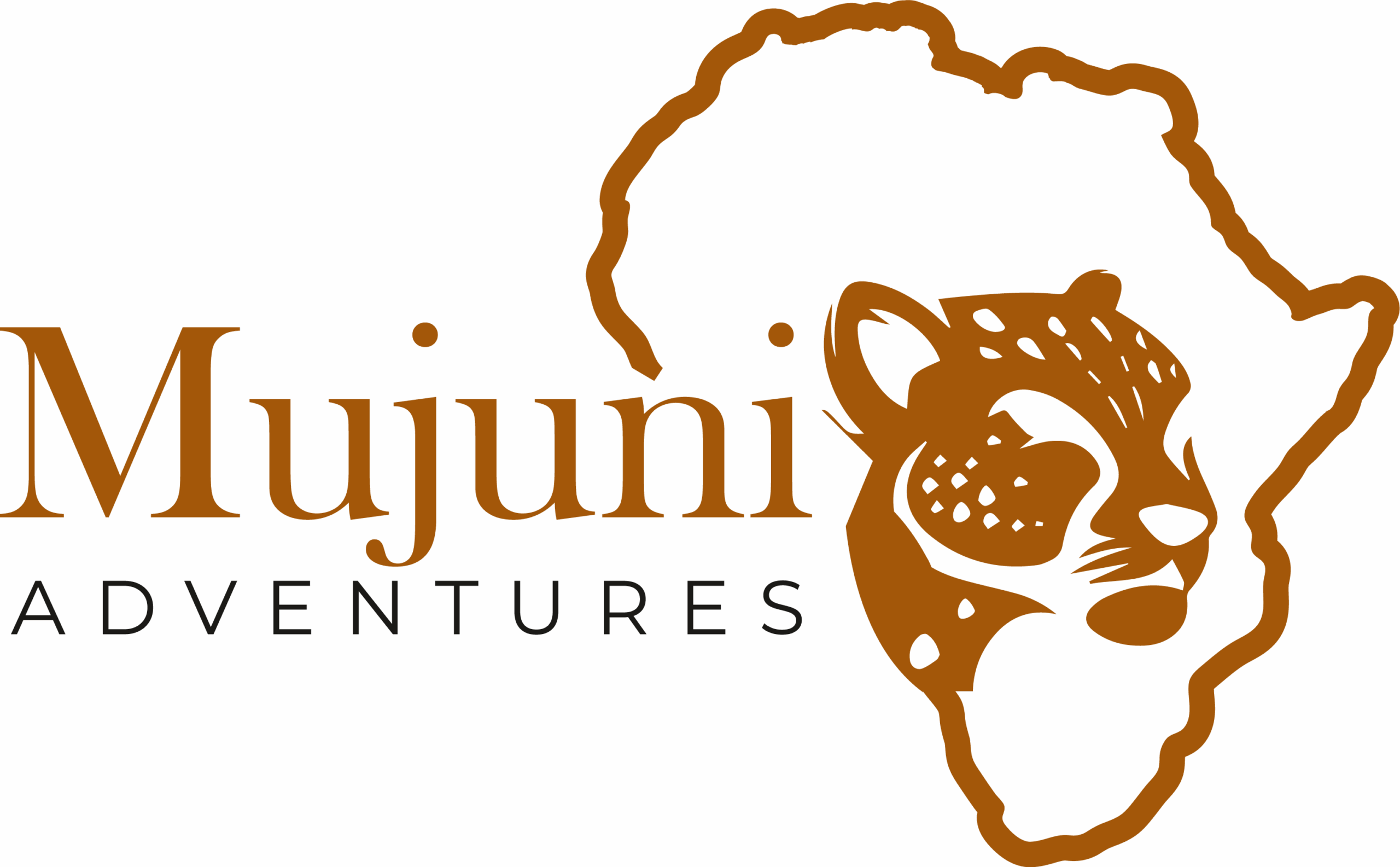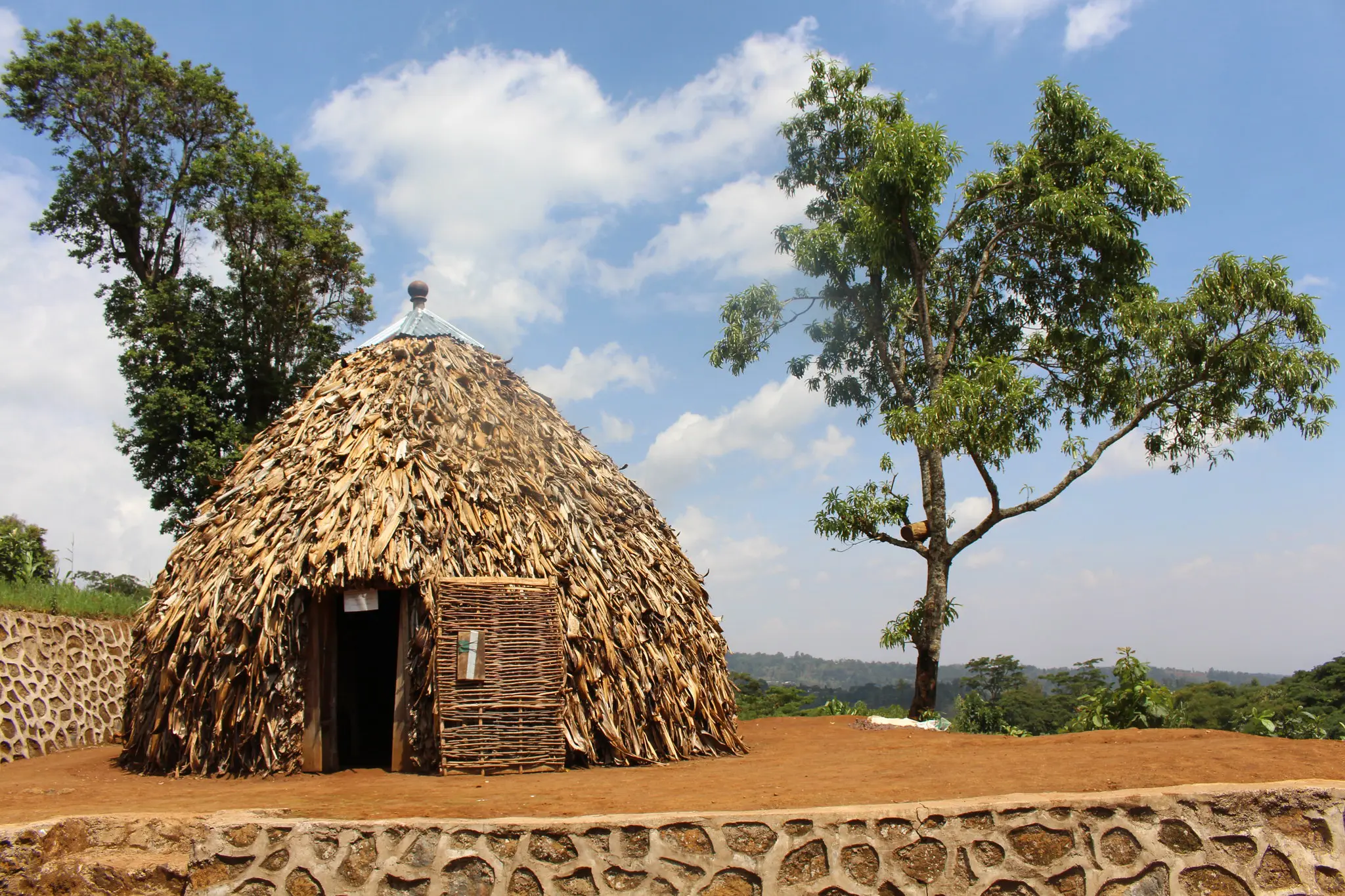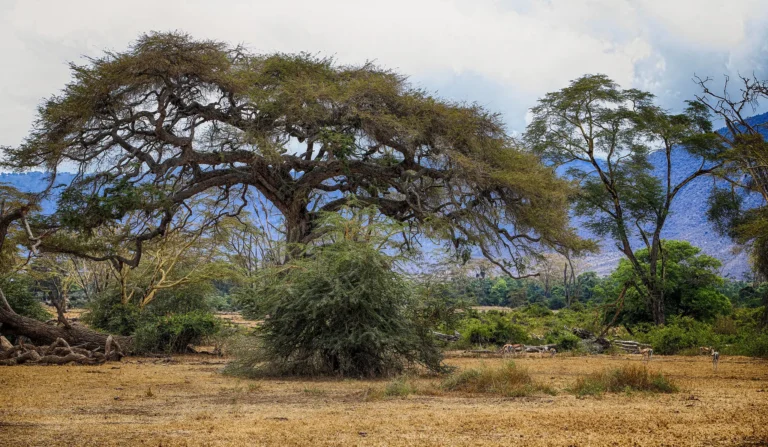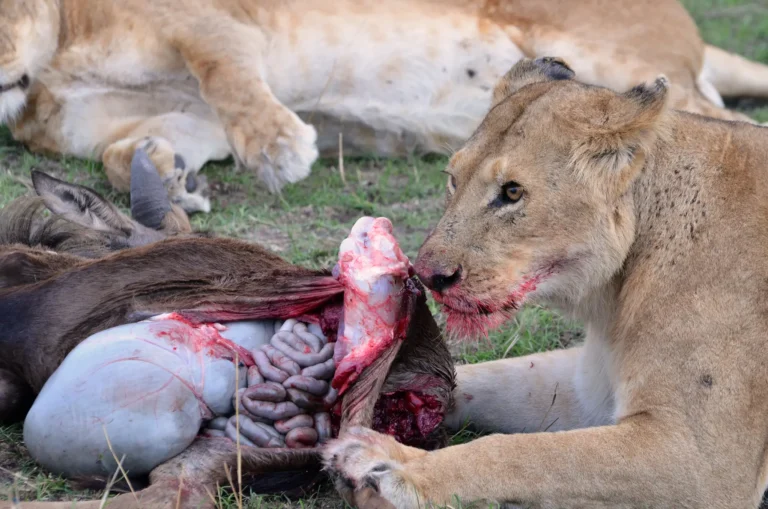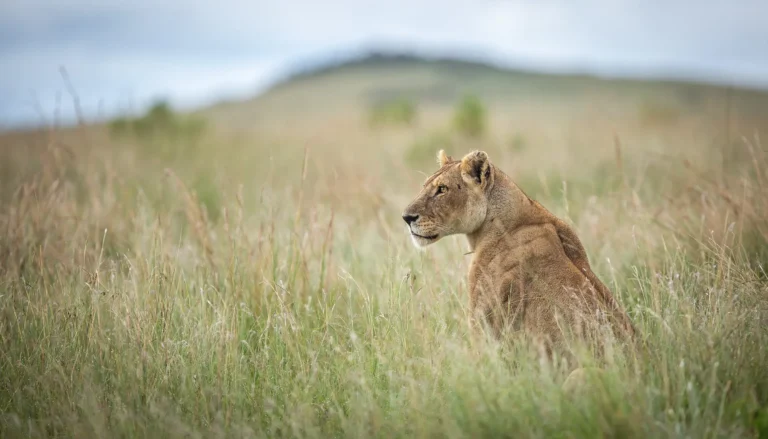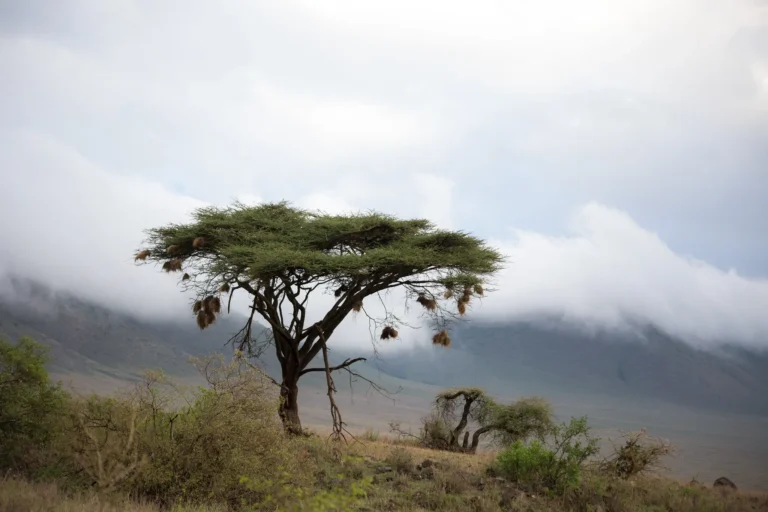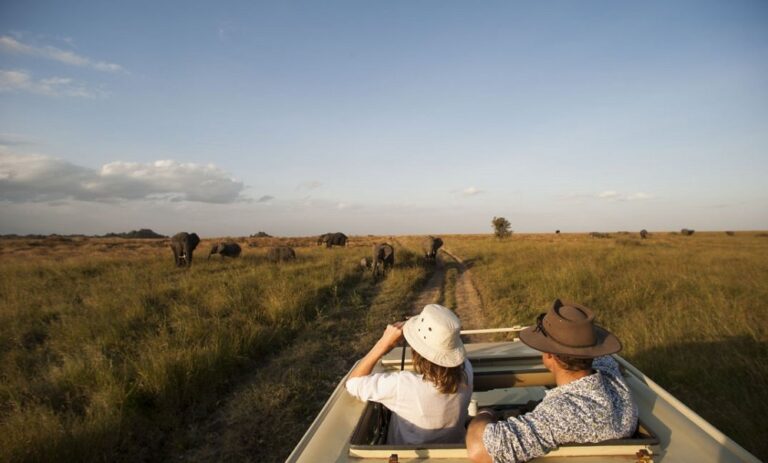Chagga People
The Chagga, also spelled Chaga or Chagga, are a Bantu ethnic group indigenous to the southern slopes of Mount Kilimanjaro in Tanzania. They have a rich cultural heritage, a strong agricultural tradition, and a unique social structure.
Agricultural Expertise:
One of the distinguishing features of the Chagga people is their expertise in agriculture. They are known for their intricate terraced farming systems, which have allowed them to cultivate crops such as bananas, coffee, and various vegetables on the steep slopes of Mount Kilimanjaro. This agricultural prowess has contributed significantly to their economic stability.
Language and Identity:
The Chagga people have their language, known as Chaga or Kichaga, although many are also fluent in Swahili, the national language of Tanzania. Their language plays a crucial role in preserving their cultural identity and passing down traditions from one generation to the next.
Social Structure:
Chagga society is organized into clans, each with its chief or leader. These chiefs are responsible for resolving disputes and ensuring the well-being of their respective clans. The Chagga have a strong sense of community and cooperation, often coming together for communal work parties known as “njombe” to help with farming activities.
Cultural Practices:
The Chagga people have a rich tradition of storytelling, music, and dance. They use these forms of expression to pass down their history, myths, and legends. Traditional Chagga ceremonies and rituals often involve singing, dancing, and the use of drums.
Religion and Spirituality:
The Chagga traditionally practiced animistic and ancestor-worship beliefs, believing in the presence of spirits in natural elements. Over time, many Chagga have adopted Christianity, with various denominations represented in the region.
Challenges and Changes:
In recent decades, the Chagga, like many indigenous groups, have faced challenges due to modernization, population growth, and changes in land use. The construction of infrastructure and tourism development around Mount Kilimanjaro has impacted their traditional way of life.
Despite these challenges, the Chagga people continue to adapt and preserve their cultural heritage. Efforts are underway to balance modernization and economic development with the need to protect their unique traditions and the environment in which they thrive.
In summary, the Chagga tribe is a culturally rich and agriculturally skilled ethnic group known for their terraced farming, strong sense of community, and vibrant cultural practices. They face challenges in the modern era but are working to safeguard their heritage and identity.
